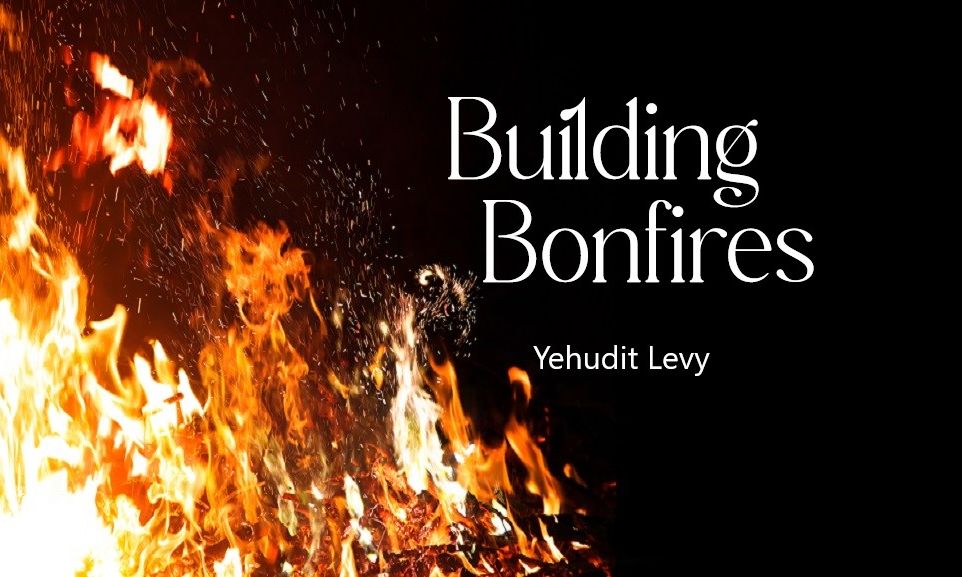
Building Bonfires
It is so easy to be introspective upon the bad we do, the mistakes we make, the misgivings we have. Yet how many of us do any introspection upon our good points?

It was another ordinary afternoon at the park. Hundreds of happy children darting in all directions, their attention pulled this way and that by the myriad of slides, springy things and spinning wheels on offer to whip up and take out their multitudes of energy.
And then I saw them. I’d almost forgotten it was that time of year again.
A motley crew of big boys, out of place in this toddler paradise. Awkwardly lugging their most valuable asset: a lurching, rusting, desperately malfunctioning shopping cart. And their treasured cargo? A dangerously swaying heap of filthy, termite-infested, dust-bugged, germy, highly flammable neighborhood junk. Or so they were hoping. It would soon be Lag B’Omer, the 33rd Day of the Counting of the Omer, between Pesach and 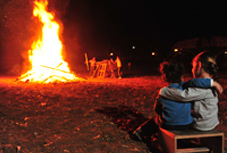 Shavuot. Bonfire Night.
Shavuot. Bonfire Night.
I watched them make their way carefully down the slope towards the open area that would become a swarming spectator-filled, spark-spitting, smoke-churning, ash-flying, bonfire-burning extravaganza. My gut turned. Oy vey, oh no. Not again. Another night of carefully closed doors and windows, getting the asthma sprays ready, and making sure I had enough laundry detergent and shampoo to rid my sons of yet another year’s smoky, sweaty stench.
Suddenly I shook myself out of this downward spiral of thought and scolded myself: What, this is Lag B’Omer you’re talking about! The day that Rabbi Akiva’s students stopped dying by the thousands of a terrible plague, inflicted upon their holy souls because of sinat chinam: baseless hatred! And here I am, looking at a group of carefree boys, going about their joyful preparations, full of doom and gloom. What am I doing about Lag B’Omer, eh?
And I looked at those dirty, panting boys, who had clearly spent weeks painstakingly searching and gathering, sorting and collecting, storing and zealously guarding their precious stash of flammables. And I was envious of their effort. Envious of the fact that they, decades younger than I, were already preparing for a Jewish holiday weeks before I was even aware of it, too deeply ingrained in my daily life to look up and see what Hashem has in store for me.
I was envious, because their physical effort reflected the spiritual effort I should be making during these precious weeks of counting the Omer, seven weeks of daily spiritual introspection, which lead us into joyous acceptance of the Torah on Shavuot.
I was envious, because at that moment, seeing their hard work coupled with sheer joy and anticipation, I, too, wished I had been collecting, storing, and guarding any and every available snatch of prayer, introspection, teshuva, good deeds, mitzvot, and thoughts of closeness to Hashem, to offer up in one massive glorious burning expression of gratitude for all the good Hashem does for me. Did it matter to G-d that I might lug my treasure clumsily behind me in the tired, burned out vessel that I have become lately?
What I was reminded of from looking at those boys, was the embodiment of Rabbi Nachman’s teachings. At all times, and especially during spiritually charged periods such as the Counting of the Omer, we need to remember our good points. To judge ourselves favorably. It is so easy to be introspective upon the bad we do, the mistakes we make, the misgivings we have. Yet how many of us do any introspection upon our good points?
I want to be those boys, carefully scouring for and amassing a collection of treasures that will light the Heavens. I hope that each spark of spiritual good that I have done in the past will bear witness for me as we draw nearer to Shavuot, that I may happily receive the Torah once again, even though sometimes it seems that I may not make it on time to stand once again at Mount Sinai.
In a sublime insight on the biblical account of Joseph instructing Pharaoh to store grain in years of plenty, for the years of drought that lay ahead; Rabbi Nachman tells us that this is a hint that we should do the same in our own spiritual journey. We must grab what we can, every mitzva, deed, holy thought, flicker of progress, in times of spiritual growth; so that when we are in a time of spiritual drought or intense introspection we will have plenty to draw upon when reflecting upon our good points.
Maybe what I really needed, that day in the park, was a good splash of detergent on my soul and a lather of shampoo in my heart.



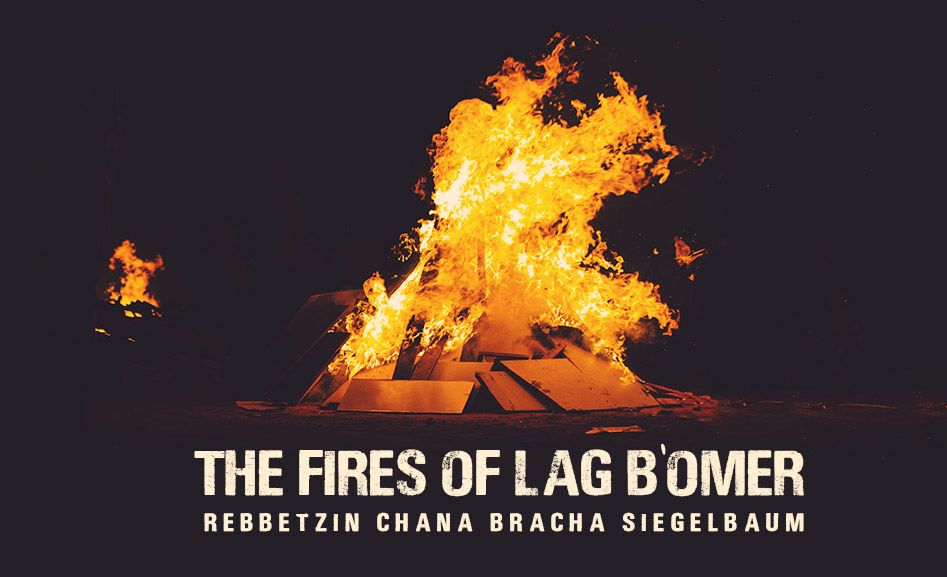
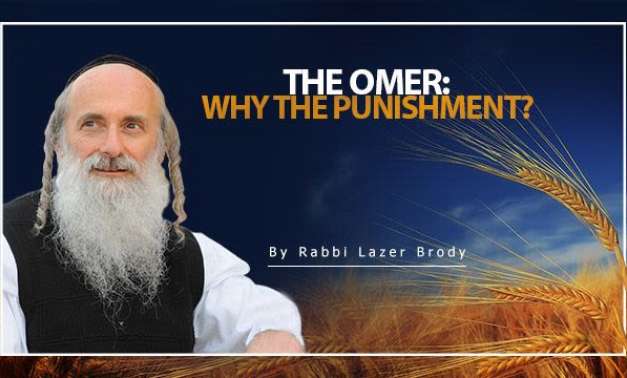
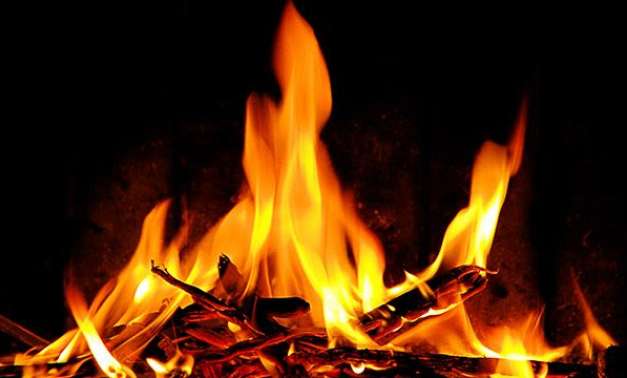
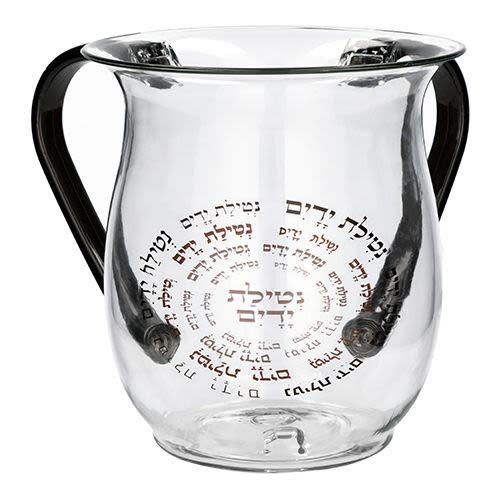


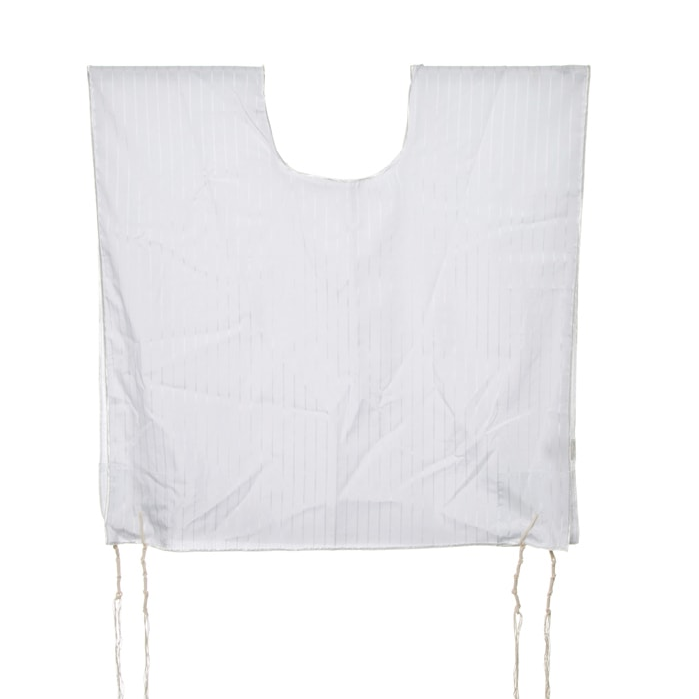
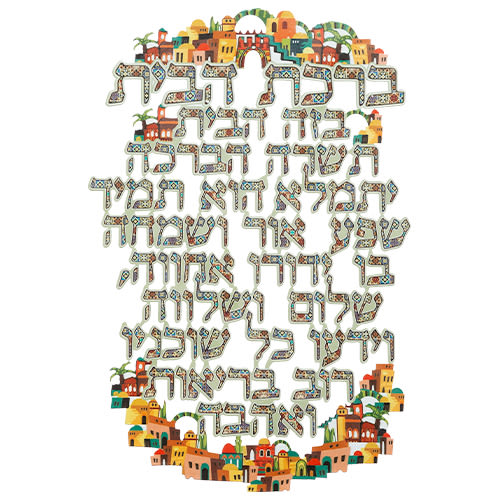
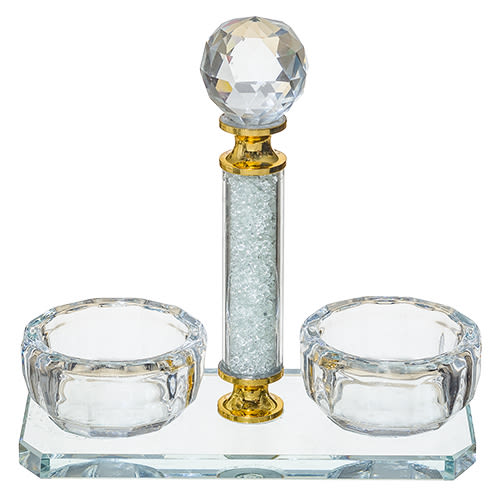
Tell us what you think!
Thank you for your comment!
It will be published after approval by the Editor.